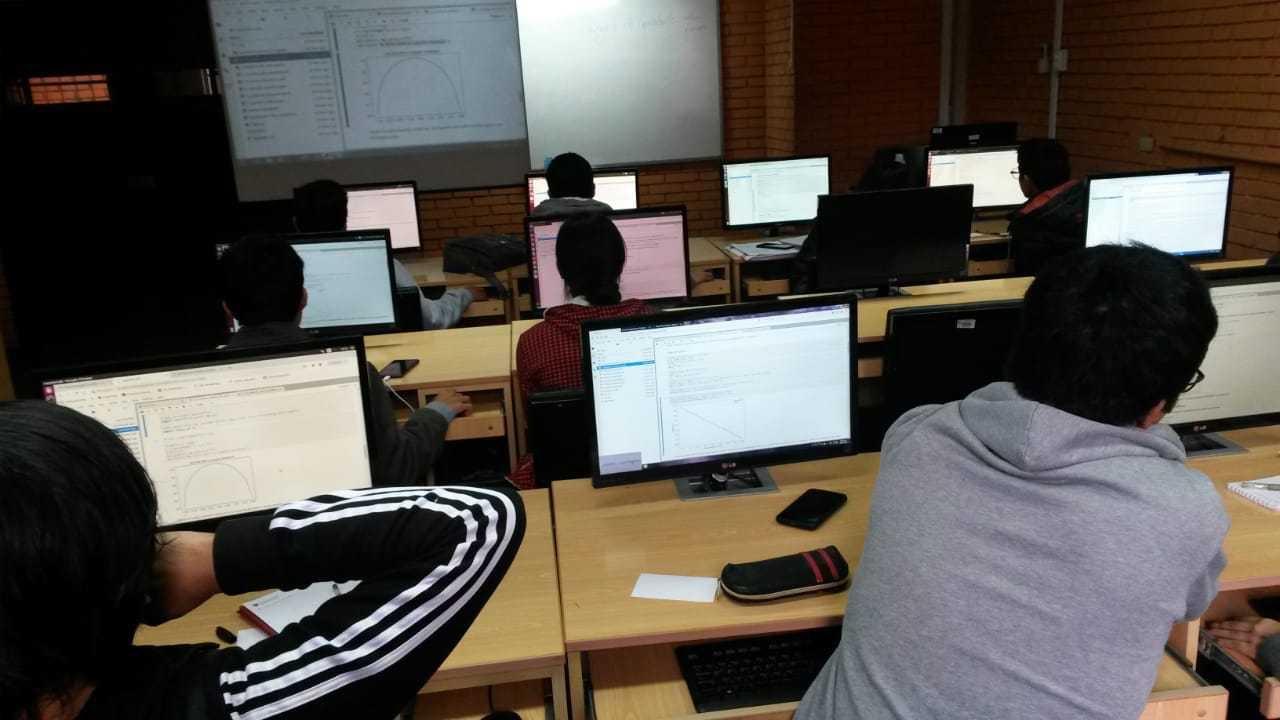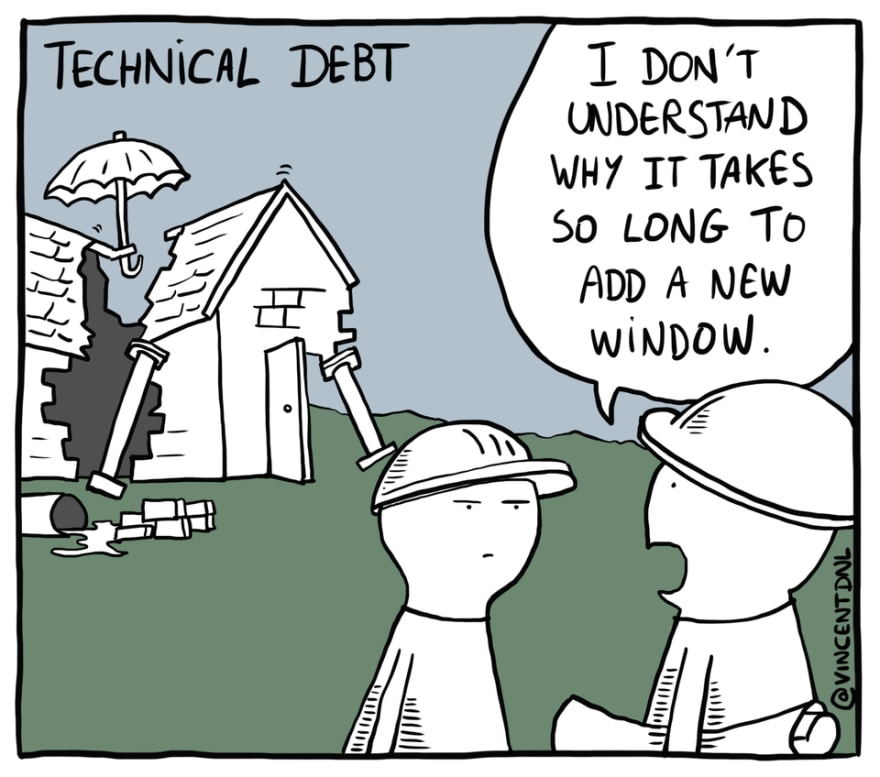Building software documentation for community engagement
Lessons learned with OGGM
 AGU Fall Meeting 2021
AGU Fall Meeting 2021 C51A - Community Tools and Products for Cryosphere Discovery and Application
Fabien Maussion and the OGGM community
Department of Atmospheric and Cryospheric Sciences (ACINN)
University of Innsbruck
oggm.org and click on "news" or
oggm.org/2021/12/05/agu21
Take home messages
Be prepared for long-term support.
Context
The Open Global Glacier Model
- Modelling framework facilitating the modelling of many glaciers
- Fully open source, using modern scientific python

OGGM-Edu
- edu.oggm.org
- tools and materials for instructors who want to teach about glaciers at school, in workshops or at university.

Ingredients of Open Science
- Transparency: content/code on GitHub/GitLab with an open license allowing reuse and open review.
- Reusability: documentation, tests, support.
- Reproducibility: installation instructions and computational environments capsules
(e.g. MyBinder, Jupyter-Hub).
Documentation made easy


Static web generators
Sphinx, JupyterBook, Jekyll...


doc.oggm.org/tutorials
Decentralized content example:
Clubes de Ciencia Peru with Lizz Ultee

Photo: T. León Rojas
- Project website (general audience) oggm.org
- Static documentation (potential and returning users) doc.oggm.org
- Interactive tutorials (active learning) doc.oggm.org/tutorials
- Community communication channels (github, Slack)
Be prepared for
long-term support
Code
Tests
Documentation


Click on the image to advance. Source: Anne Maussion, Atelier les Gros yeux.